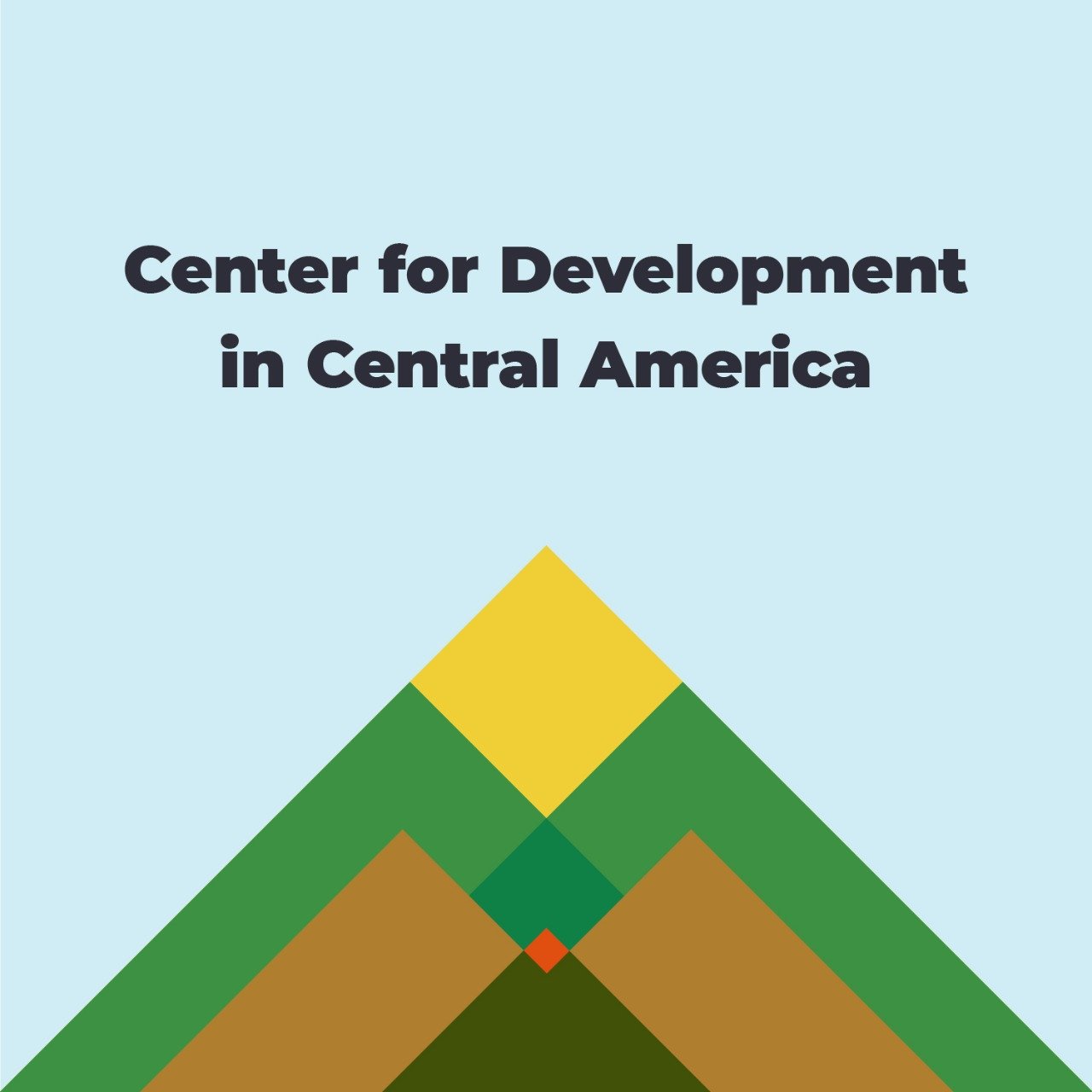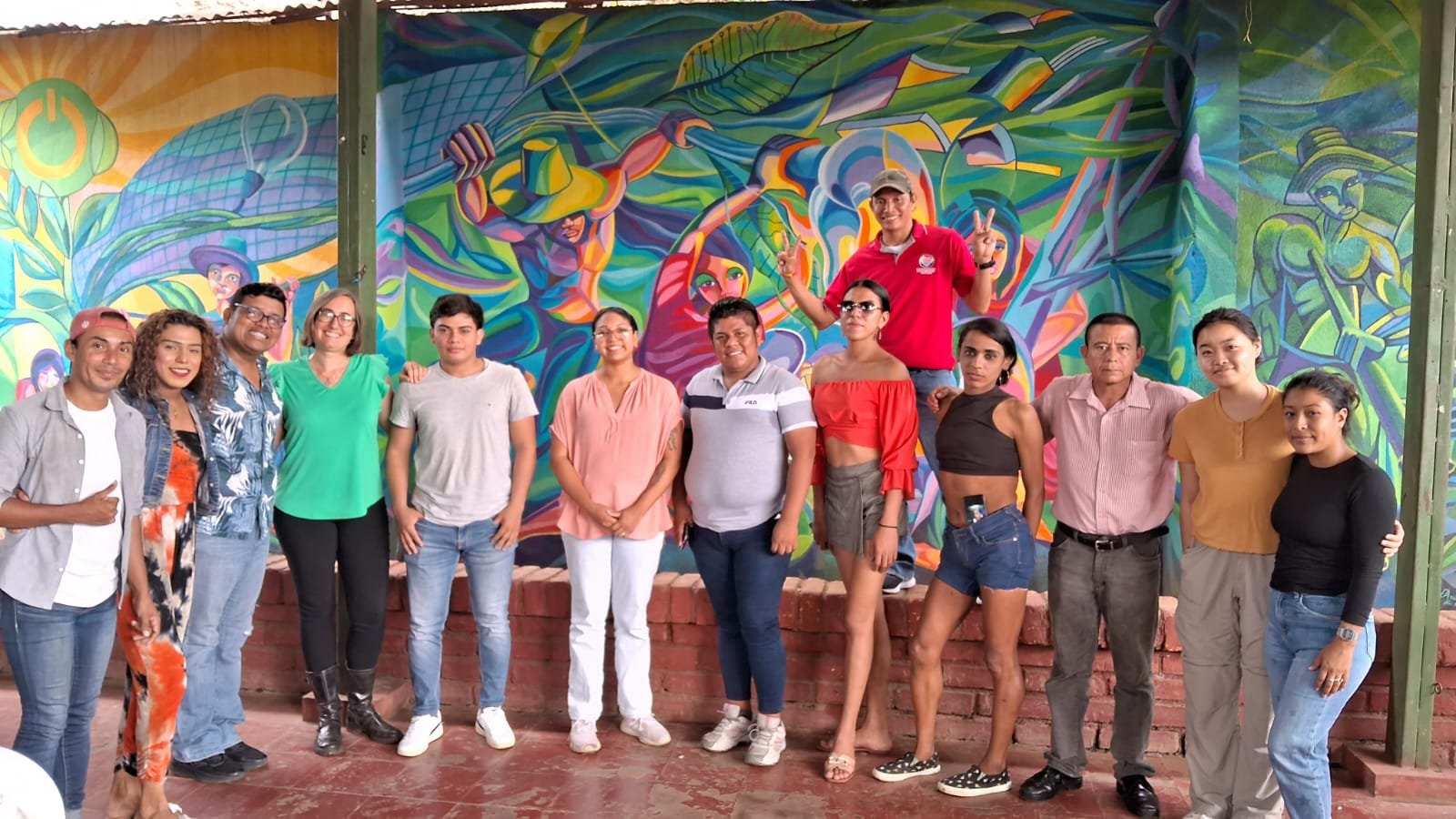
The Nicaraguan economy is driven by the creative economy:
micro and small businesses, the majority of which are owned and operated by women.
Over the past 30 years, the CDCA has helped organize, train and set up co-ops and businesses, mostly owned by women.

We also provided start-up funds and working capital to enable these businesses to operate and thrive during a time when there was no financing available to cooperatives and the only micro financing available was at usurious rates of an average of 45% annual interest.
Today, the Nicaraguan government has established programs to provide financing to micro and small businesses, including a program exclusively for women entrepreneurs, decreasing the need for dedicated financing for this type of business from the CDCA.
There is, however, still a prominent need to improve family economies. Through our Nueva Vida Clinic programs, we have identified two groups that are asking for support to learn vocational skills with the goal of setting up their own businesses.
Mamas Con Metas
The first group is the Moms and Toddlers group, which has specifically requested vocational training. The women in this group are young and many did not finish high school. Now that their babies are a little older, they would like to have a skill they could use to make money in the home – setting up a micro business they can run while continuing to look after their children at home. They have expressed interest in learning event decoration, jewelry making and sewing.
Sexual Diversity Group
The second group is the LGBTQ community – in Nicaragua referred to as the sexual diversity community. Many in the diverse communities do not have the support of their families, often have spent periods of time as sex workers, struggled with addiction, and have been unable to receive an education. They are unlikely to participate in available vocational training programs due to fear of discrimination, and therefore are requesting a training program specifically for their community.
Sexual Diversity Group
This second group is not specific to only Nueva Vida, and the project they are helping develop will be open to the sexual diversity community of Ciudad Sandino and Managua, called DIVINE: Diversity in Integral Vocational Instruction for Nicaraguan Entrepreneurs. Their goal is to set up a high-end salon at a house that was donated to the CDCA in Managua in a business district. Participants will learn theory and practice of makeup and hair styling and practice these skills on the salon’s clients. Once they have graduated, participants will become mentors for the new class of participants. Income from the salon will help finance the new classes, making the project economically sustainable.
Impact Goals in Sustainable Economic Development
To work with vulnerable populations to help them learn marketable skills that will directly improve their family’s economy.
To ensure participants learn basic business skills necessary to successfully set up and operate their own business.
To ensure all students learn about sexual health, human rights and conflict resolution as well as vocational skills.
To create together a space where participants can feel comfortable and can reach their potential without the threat of discrimination.
Benchmarks
Train classes of 25 moms of toddlers in vocational skills
Train classes of 25 members of the sexual diversity community as Certified Basic Beauty Technicians
Install DIVINE salon and establish clientele
Enable participants to create their own businesses and become mentors for the new students
Make the DIVINE salon financially sustainable through generating funds from clientele
Continue training cycle








